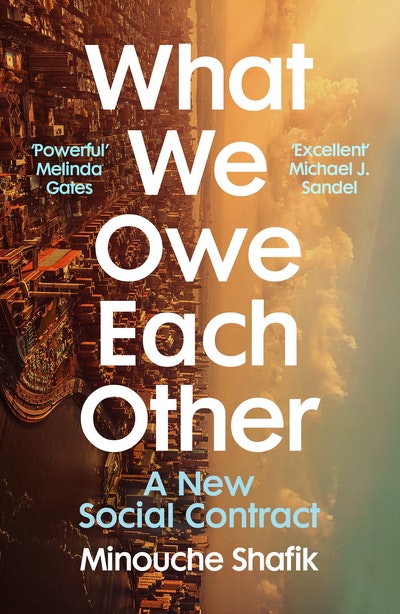LONGLISTED FOR THE 2021 FT / McKinsey BUSINESS BOOK OF THE YEAR AWARD
One of the world's most influential economists sets out the basis for a new social contract fit for the 21st century.
'Excellent... Shafik points us toward...a hopeful framework for social, economic and political renewal' Michael J. Sandel
____________
What does society owe each of us? And what do we owe in return?
Our answer to these inescapable questions - known as the social contract - shapes our politics, economic systems and every stage of life, from raising children and going to school to finding work and growing old. Yet today, many believe that this contract is not working for them.
Economist Minouche Shafik examines societies across the world and demonstrates that the urgent challenges of technology, demography and climate require a major shift in priorities. This vision-changing book shows us the way to a new model that provides mutual security and opportunity - a social contract fit for the twenty-first century.
____________
'Intelligent and lucid' Martin Wolf, Financial Times
'A powerful and persuasive moral argument...rigorous and specific enough to help readers think practically about the policies needed' Melinda Gates
'A necessary contribution at a turning-point in history... A must-read' Ursula von der Leyen
A PROSPECT MAGAZINE BEST BOOK OF 2021




